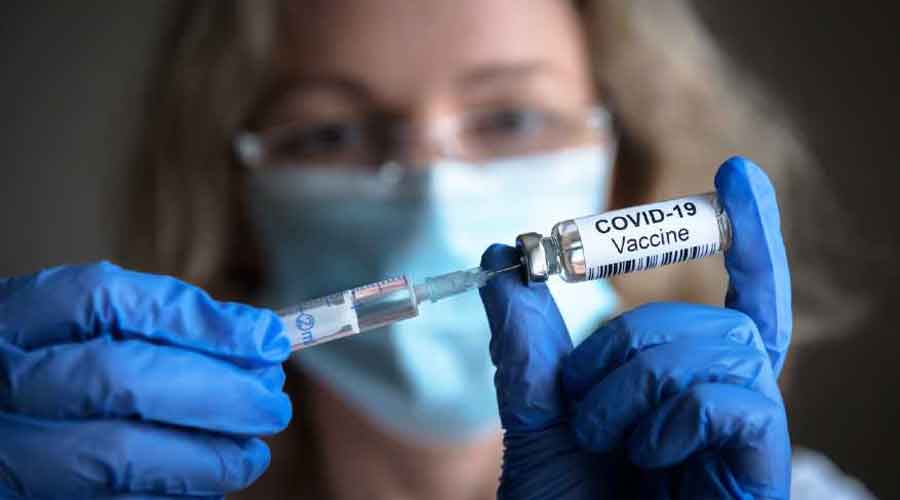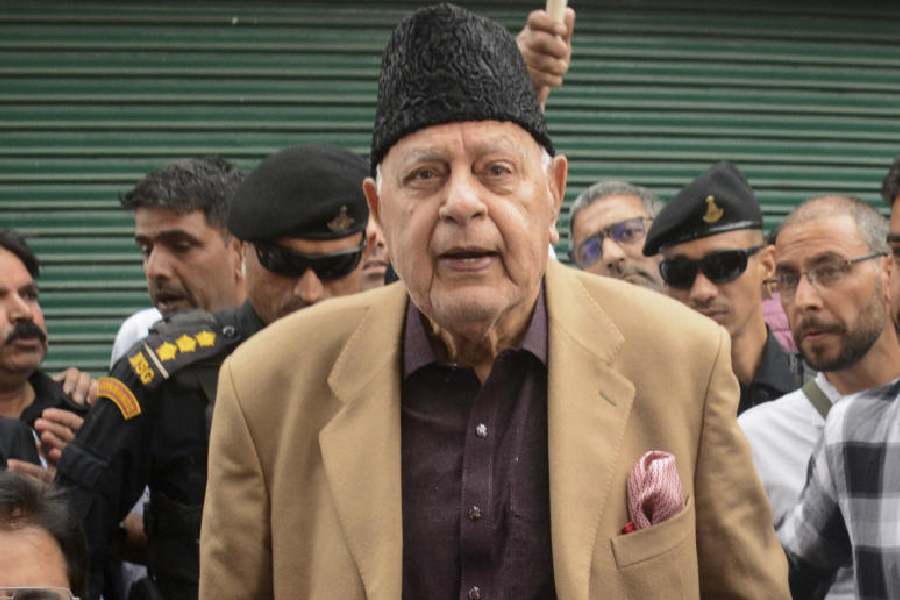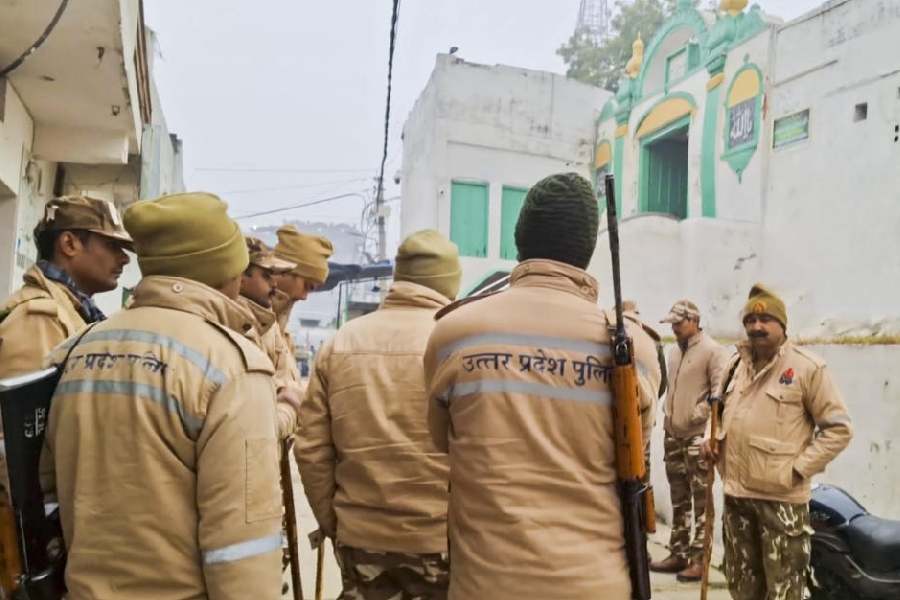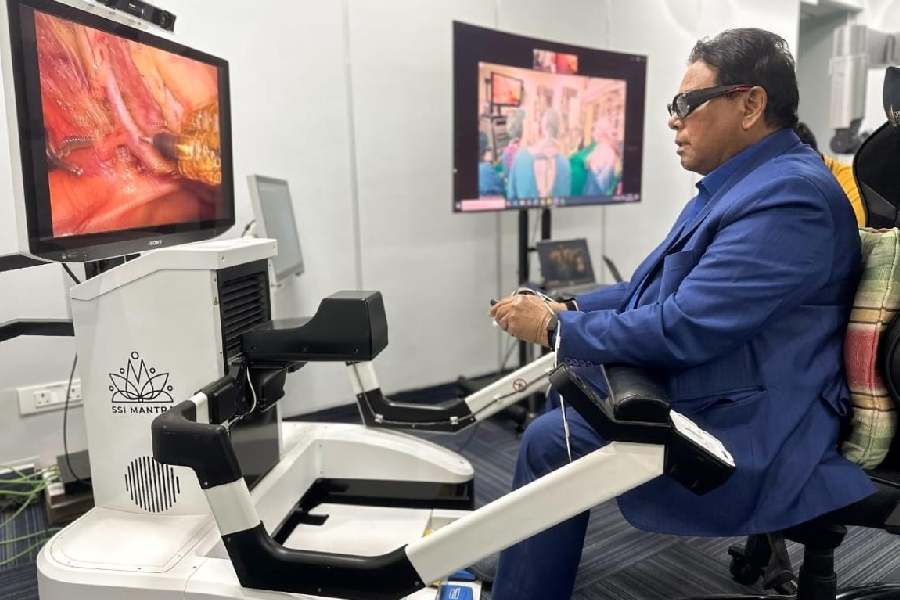Pfizer and BioNTech said on Wednesday that laboratory tests suggest that three doses of their coronavirus vaccine offer significant protection against the fast-spreading omicron variant of the virus.
The companies said that tests of blood from people who received only two doses found much lower antibody levels against the omicron variant compared with an earlier version of the virus.
That finding indicates that two doses alone “may not be sufficient to protect against infection” by the new variant, the companies said.
But the blood samples obtained from people one month after they had received a booster shot showed neutralising antibodies against the omicron variant comparable to those against previous variants after two doses, the companies said in a statement.
These experiments, done with blood samples in the lab, cannot say for sure how the vaccines will perform in the real world. Vaccines stimulate a wide-ranging immune response that involves more than just antibodies. So the experiments offer an incomplete picture of how well the vaccine will protect against severe outcomes from omicron.
Still, the results seemed to underscore the importance of booster shots in combating infection from the new variant. “Our preliminary, first data set indicate that a third dose could still offer a sufficient level of protection from disease of any severity caused by the omicron variant,” said Dr Ugur Sahin, the chief executive officer of BioNTech, Pfizer’s German partner.
The companies suggested that omicron would not significantly diminish the power of T cells — another, more lasting part of the immune system’s response to the coronavirus. Researchers identified parts of the omicron variant that can be recognised by the T cells produced after vaccination. Most did not contain any mutations.
Pfizer did not present data showing how T cells actually perform against the variant. Nevertheless, the companies said that “vaccinated individuals may still be protected against severe forms of the disease” after only two doses.
“I would like to sound a note of reassurance,” said Dr Paul Offit, a vaccine expert with Children’s Hospital of Philadelphia and a member of the Food and Drug Administration’s vaccine advisory committee. “In all likelihood, two doses of an mRNA vaccine will protect you against serious illness.”
“The virus has mutated to the point that it has become less neutralisable by antibodies,” he said. But he said there is no evidence that the vaccines have become less effective at preventing severe disease; protection comes not just from neutralising antibodies, but from another arm of the immune system involving B cells and T cells.
Dr Albert Bourla, the chairman and chief executive officer of Pfizer, said while two doses may still prevent severe disease from omicron, “it’s clear from these preliminary data that protection is improved with a third dose of our vaccine”.
Dr Peter Hotez, a vaccine expert with the Baylor College of Medicine, called the results “really good news”. But he noted that Pfizer’s experiments only measured the
levels of neutralising antibodies one month after the third shot.
(New York Times News Service)
 Friday, 10 January 2025
Friday, 10 January 2025










